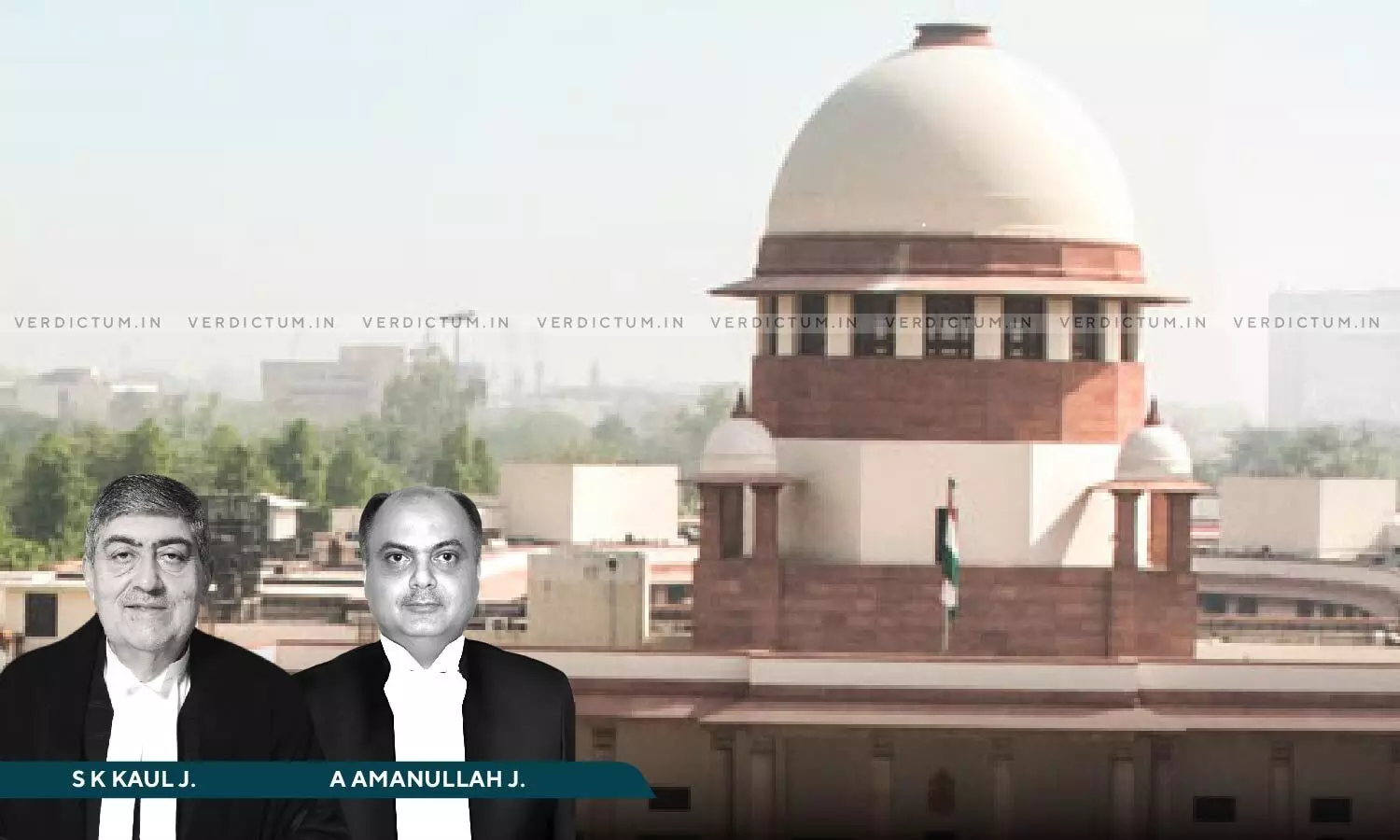
Parties Cannot Walk Into Court With Any Pleading Or Prayer They Want: SC In Plea Seeking Apology To Relative Of Narayan D. Apte
 |
|The Supreme Court yesterday dismissed with a cost of Rs 25,000 a plea which sought a direction to the Centre to issue a public apology to a relative of Narayan D Apte, who was hanged in November 1949 for his role in the assassination of Mahatma Gandhi, for being responsible for his "custodial murder".
The plea also challenged the constitutional validity of a law that granted ex-post facto powers to a special judge to grant pardon to an accused saying it was used to "falsely implicate" Vinayak Damodar Savarkar in the Gandhi murder trial.
"It is the most misconceived petition under Article 32 of the Constitution of India. The parties cannot walk into the Supreme Court with any pleading or with any prayer they want," a bench of Justice S K Kaul and Justice A Amanullah remarked.
Advocate Anil Kumar Mishra appeared, Petitioner-in-person for the Petitioner appeared before the Court.
The bench also referred to one of the prayers made in the petition, filed by Abhinav Bharat Congress through its founding president Pankaj K Phadnis, which said in "partial atonement of injustice" done to Savarkar, the Centre may be directed to form an empowered committee of eminent persons for giving overseas scholarship to meritorious students for undertaking post-graduate studies as envisaged by Savarkar in 1944.
"I think we should impose cost," the bench told the counsel who was appearing for the petitioner. "You cannot waste our time like this," the apex court observed, adding, "The habit of walking in this court without anything....we will not allow this".
The counsel said the petition is not for either Nathuram Godse or Savarkar and it was only for Apte.
The bench dismissed the plea with a cost of Rs 25,000 to be deposited in the lawyers' welfare fund.
The petition had challenged the constitutional validity of the Bombay Public Security Measures (Delhi Amendment) Act, 1948, which amended section 13 of Bombay Act 6 of 1947 by introducing sub-section 2 (A).
It said this granted ex-post facto powers to a special judge to grant pardon to an accused and the powers were used to falsely implicate Savarkar in the Gandhi murder trial and "eliminate him as a contender for being Prime Minister in independent India."
"The murder trial of such an esteemed person (Mahatma Gandhi) had to be conducted in a manner that ought to have set standards for criminal trials in Republic of India. Respondent failed to do so to promote his own vested interests" it claimed. The plea alleged that the three victims of the "legal mistrial" were Savarkar, D S Parchure, and Narayan D Apte.
Cause Title: Abhinav Bharat Congress Thr. It's Founding President Prof. Dr. Pankaj K. Phadnis v. Union of India
Click here to read/download the Order
With PTI Inputs